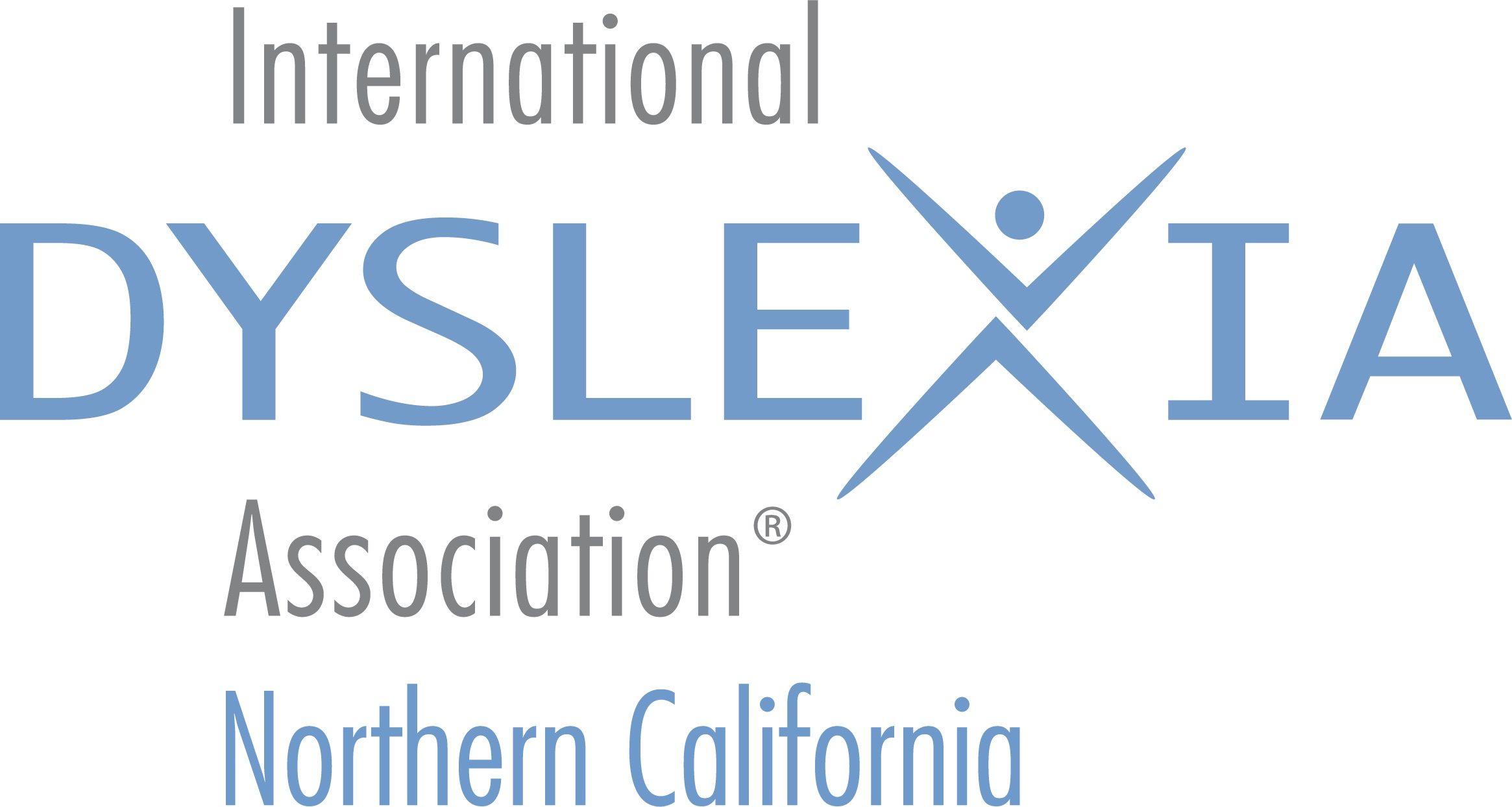Susan’s Story
My story began when I was teaching seventh grade English in San Jose, California. I had just returned to the US after teaching English for four years in Asia, and I was going through a bit of a culture shock. I had taught wealthy children in Illinois for 6 years, Navajos in Arizona for 3 years, and at a large University in Asia. California was a new and different educational culture. I realized that at least 1/6 to 1/5 of my students were extremely bright; they could learn and discuss everything verbally even though they were stuck reading and writing on a second to third grade level. They tended to be talented in the arts,athletics, or wit; and they had extremely good social skills. However, they were suffering academically.
One day after hearing a verbally and socially smart young boy’s response to a writing assignment, “Why not just shoot me,” I became committed to finding a way to help these young people. My youngest brother, Bryce, must have gone through a similar struggle. He failed sixth grade while I was away attending the University of Wisconsin. He was trying to get my parents to let him stay home on the farm. He said he would rather die than do sixth grade again. My parents took him to Mayo Clinic where he was diagnosed with severe dyslexia. Mayo Clinic helped my parents get Bryce into seventh grade rather than repeating sixth grade. They guided my parents to find specialized help in addition to his school days. When Bryce was a sophomore in high school, he was a straight A student. He graduated with academic, football, and basketball scholarships. He went on to earn a doctorate degree in less than 9 years.
Therefore, I knew that these students could be helped, and I determined to help them. I knew they were too valuable to be discarded as dumb. The journey I traveled to learn how to help these students has had many twists and turns. I already had a master’s degree in educational psychology, but it wasn’t enough. I earned a second one from SJSU with a lifetime resource specialist credential, but I still did not know enough to help my dyslexic students be successful in general education classrooms. After more research, I learned about Orton-Gillingham programs, Lindamood Bell, Slingerland, and private schools that could help these students. I learned about the International Dyslexia Association, and began to feel like I was getting important answers. I took more training on professional days and during summers. When I finally learned enough to empower dyslexic students in general education classes, I ran into significant roadblocks. Constant hurdles were placed in my path by educational professionals who thought they knew a lot more than they did. I continued in public schools as a special education teacher, program specialist, and back to teaching resource students my last year. So many hurdles were placed in my path that I chose to retire rather than be forced into ineffectiveness. After 28 years, I retired from teaching because I felt my hands were being tied so that I could not help dyslexic students, and that had become my passion. Within weeks, I found myself missing my students terribly. I started my own educational therapy business, Reading & Spelling Solutions, LLC (RSS). This would allow me to devote my entire time to doing what I really wanted to do; I felt like this was my calling. My whole life had led up to this.
My business has been swamped with students since the day it opened. Realizing I was not going to be able to do enough by myself, after four years, I reinvested profits to enlarge my educational therapy business. It had taken me more than two decades to learn what works to help these students succeed, and now it would not end with me. Others would not be forced to reinvent the wheel. RSS has become the RSS Learning Center, an office suite with a staff of 8 highly trained teachers, and most of our students are dyslexic. We have now been in business for more than ten years, and have seen amazing results helping our dyslexic students succeed in school. Currently, I am writing the teacher instructions and preparing to publish the RSS English Usage and Writing Basics System (RSS EU System). This program will be published by fall of 2014, if all goes well. Almost all of our students who complete this system have become honor roll students, and many have tested into prestigious private schools in the area, and are currently honor roll students.
You can imagine my inner happiness when I read The Dyslexic Advantage, written by Brock L. Eide, MD., and Fernette F. Eide, M.D.; they discovered scientifically what I had perceived as a teacher. They have documented that not only more than 80% of dyslexic students struggle because of weakness in phonological processing, but more than 60% also struggle due to lack of automaticity for the syntactical structure of language. They recommend teaching good sentence writing before paragraph writing. At last, I did not feel so alone, so out on a limb by myself. I want to leave this logical, sequential, cumulative EU system as an affordable legacy for teachers and educational therapists who will carry on helping dyslexic students.
My hope is that other teachers and students will be able to benefit from all the hard work I have done. I believe that dyslexic students will make the world a better place if they ever get a chance to fully develop their abilities. Right now, dyslexic students are struggling, as a right brain dominant minority, in an educational system designed to reward left brain dominant students while mostly ignoring the gifts of their dyslexic students. Helping dyslexic students has been both difficult and extremely rewarding, and I would encourage others to join in the struggle to help them.
by Susan Charity Rosenthal, MA in Ed2/AET













